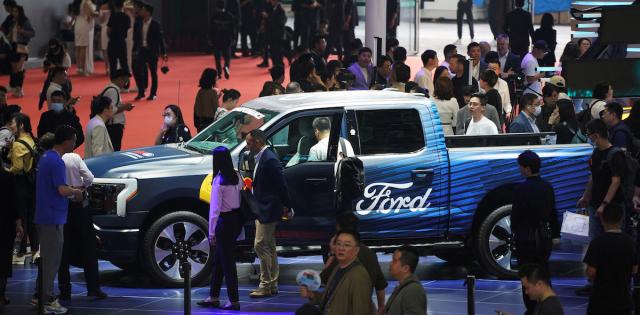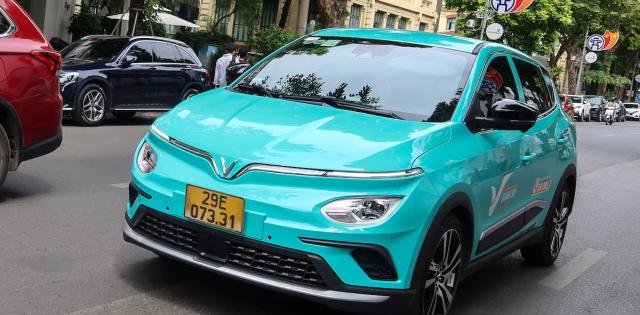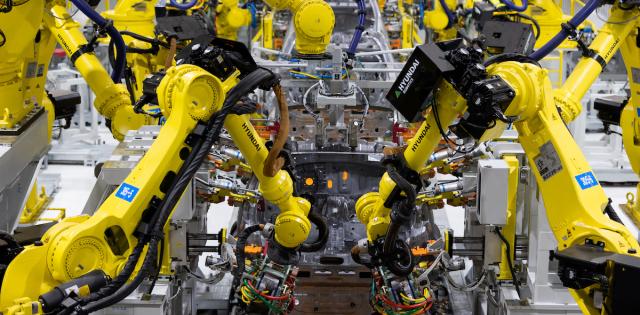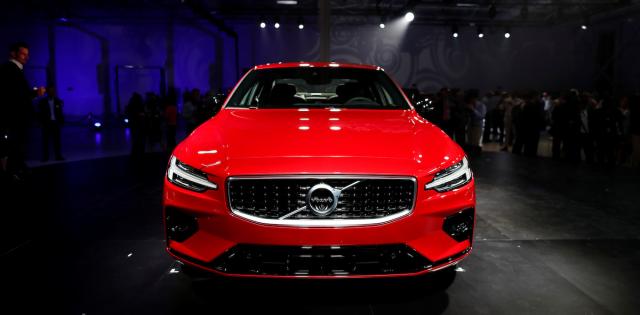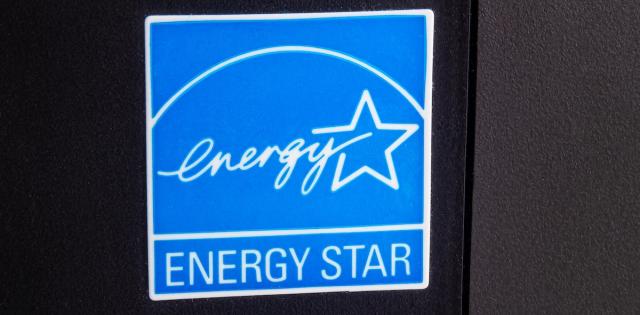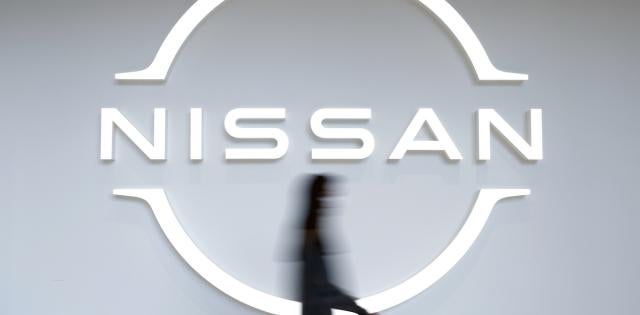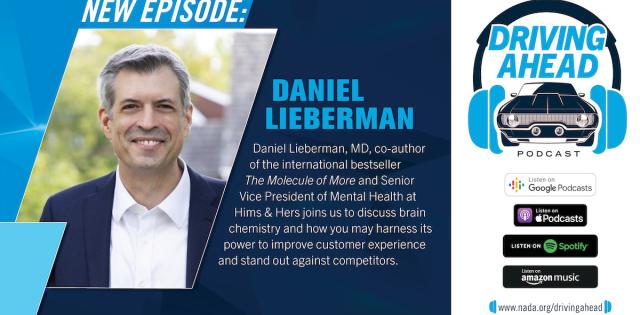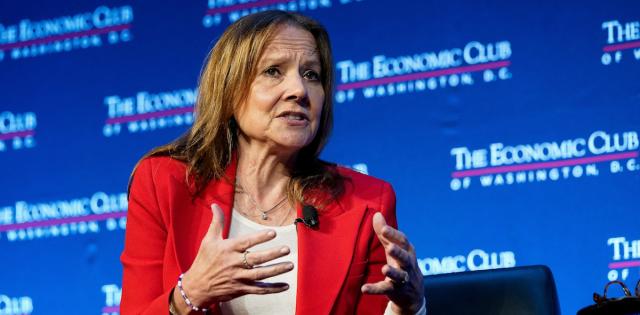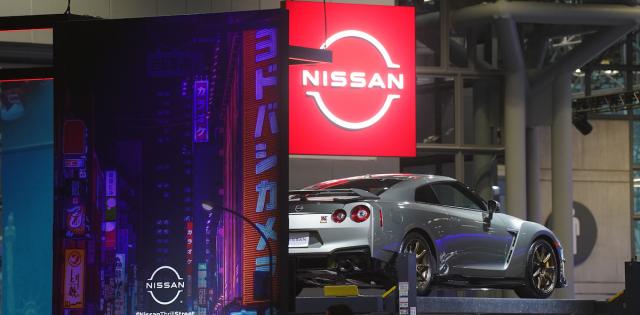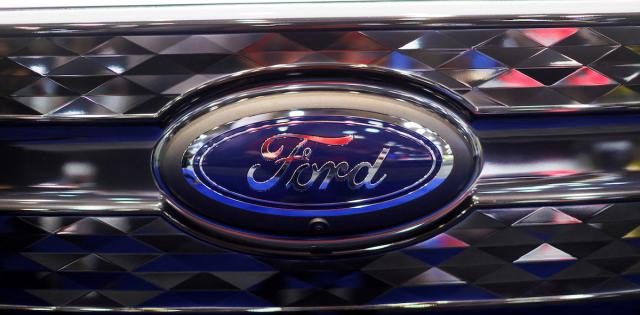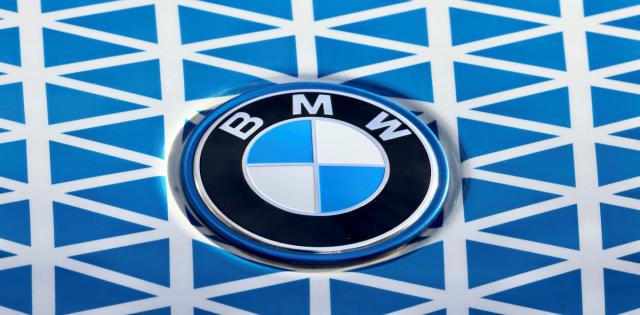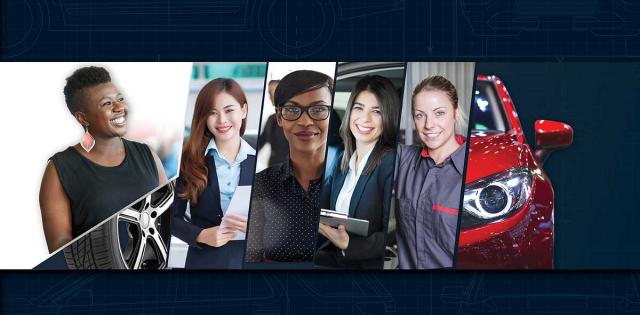Dimitris Psillakis says that the U.S. is the luxury market in the world – “the biggest, the most demanding and still growing.” And he would know; Psillakis worked in Greece, South America, South Korea and Canada before taking over as CEO of Mercedes-Benz USA.
Psillakis spoke at the 2024 Automotive Forum New York about how Mercedes-Benz is striving to maximize the business of desire. Last year, one third of their volume sold were top-end vehicles. The luxury aspect is part of the DNA of the brand, Psillakis says. And the customers are loyal to it.
But Mercedes-Benz strategy extends beyond keeping their existing customers happy. There are 618,000 millennial millionaires, 44% of which live in California, which offers a new generation of potential customers.
“We need to bring products which are younger, appealing, fun and exciting to them,” he says.
Moving across generations is not the only shift Mercedes-Benz is focused on. The brand has pledged commitment to electrification, but Psillakis says the transition will be slow.
“The future is electric, but the course to that is long. It’s a marathon, not a sprint,” he says. “Reaching the flip point between ICE and electric depends on infrastructure, ensuring the vehicle can charge in a short period of time and have longer range. And this will take some time.”
Next year’s electric CLA derivatives are projected to be able to fully charge in 15 minutes and achieve a range of 400 miles. By the end of this summer, Mercedes-Benz expects for its vehicles to be able to charge in every public charging station in the country.
Like all brands, Mercedes-Benz sees regional differences for electric adoption, and they rely on their dealer network to ensure customers can purchase and service the vehicle they desire.
“The country is diverse,” he says. “Slowly, slowly we see a certain portion of electric vehicles entering the market. Plus, there’s always the plug-in hybrid, which is the best of both worlds.”
The retail network is also an integral part of Mercedes-Benz’ strategy to educate consumers about electric vehicles. For example, dealerships offer EVs as courtesy vehicles, providing an opportunity for customers to “experiment” with the technology.
EVs will play a significant role in Mercedes-Benz’s year ahead, which will see over 20 new model rollouts, including an electric version of the iconic G-Class.
For more stories like this, bookmark www.NADAheadlines.org as a favorite in the browser of your choice and subscribe to our newsletter here:


